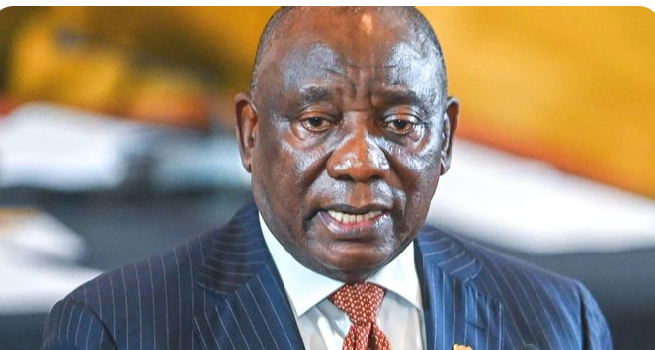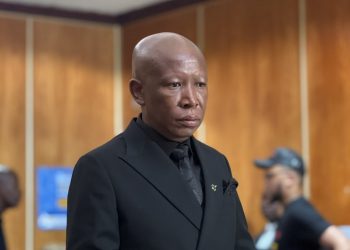In a groundbreaking statement, President Cyril Ramaphosa publicly declared his belief that Khwezi, the pseudonym for Fezekile Ntsukela Khuzwayo, was indeed raped by former President Jacob Zuma. The announcement, made during a recent public forum, has revived one of South Africa’s most contentious cases, shining a spotlight on gender-based violence, justice, and political accountability.
The Khwezi case dates back to 2005, when Kuzwayo accused Zuma, then deputy president, of raping her at his Johannesburg residence. Zuma was acquitted in 2006 following a high-profile trial that divided the nation, leading to widespread protest and debate. Khwezi endured relentless harassment and threats, forcing her into exile. Her ordeal became a symbol of the silencing of sexual violence survivors and the systemic barriers they face in seeking justice. She died in 2016, but her story remains central to discussions about gender-based violence and victim protection.
Ramaphosa’s forthright remarks mark a departure from the cautious approach often adopted by South African leaders on this subject. Expressing empathy for Khwezi and other survivors, he stated, “We must listen to and believe survivors, even when it is uncomfortable. Acknowledging Khwezi’s truth is part of holding ourselves accountable to the fight against gender-based violence.”
The reaction has been swift and polarized. Advocacy groups have praised Ramaphosa for his courage. “This acknowledgment is a beacon of hope for all silenced survivors,” said Mbali Ndlovu, a spokesperson for a leading women’s rights organization. “By recognizing Khwezi’s pain, the president has validated the experiences of countless South African women.”
Ramaphosa: “Yes I Believe Khwezi was Raped by President Jacob Zuma” pic.twitter.com/j4fAdcB4bD
— Msunu ka Johann Rupert (@ZizinjaAbelungu) November 14, 2024
However, within the African National Congress (ANC), Ramaphosa’s remarks have provoked internal tensions. Zuma still commands significant support within the party, and some members view Ramaphosa’s comments as undermining the principle of presumption of innocence. Critics warn that his statement could deepen divisions in an already fractious ANC.
Beyond the political ramifications, Ramaphosa’s words have reignited discussions about South Africa’s handling of gender-based violence. The country continues to grapple with alarmingly high rates of sexual violence despite numerous initiatives and policies aimed at combating the crisis. Many see the president’s acknowledgment as a step towards amplifying survivors’ voices and addressing systemic injustices.
The statement has sparked a broader societal conversation about accountability, survivor support, and the need for systemic change. Whether it will translate into tangible reforms remains to be seen, but Ramaphosa’s stance is likely to have a lasting impact on South Africa’s discourse on gender-based violence and justice.






















